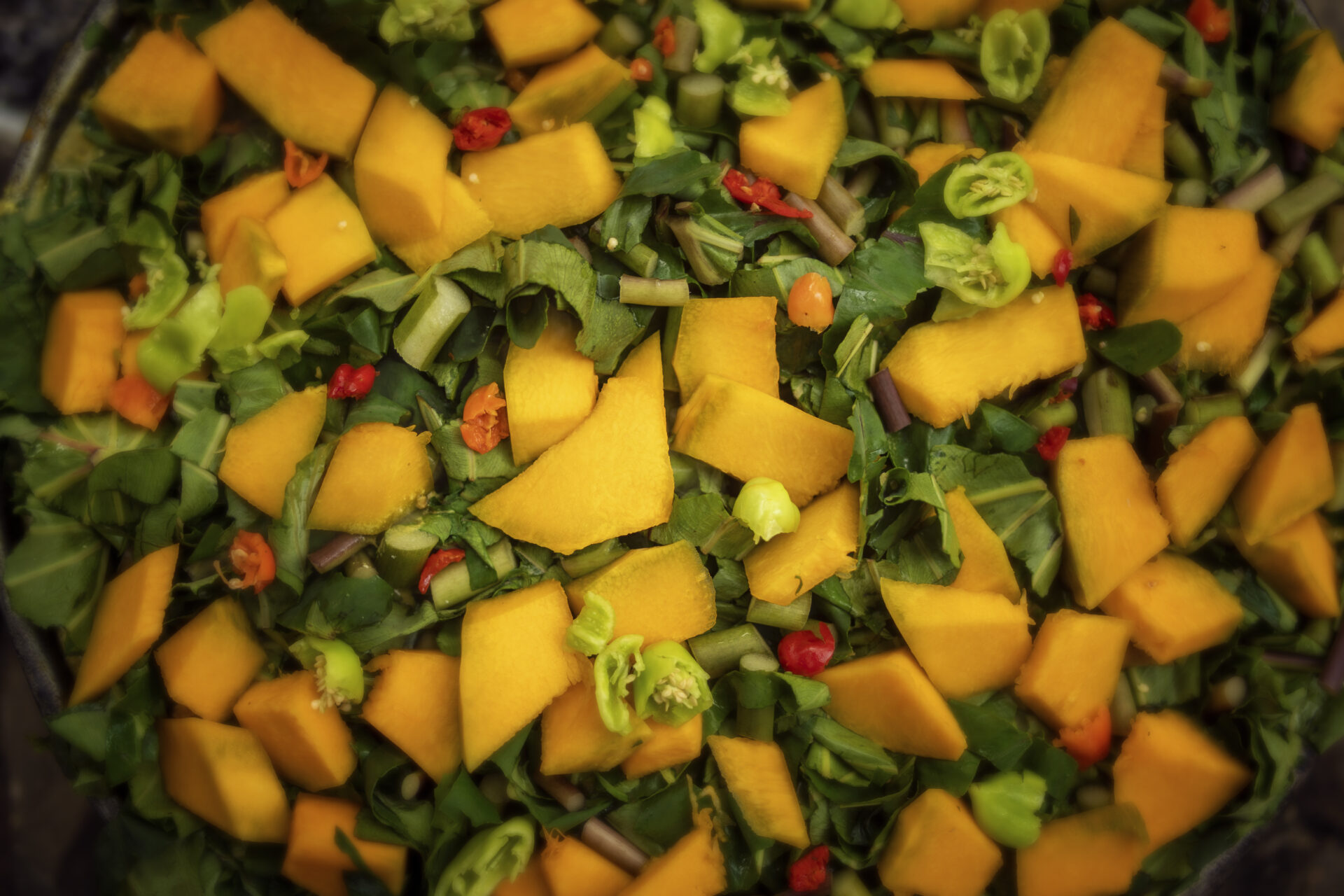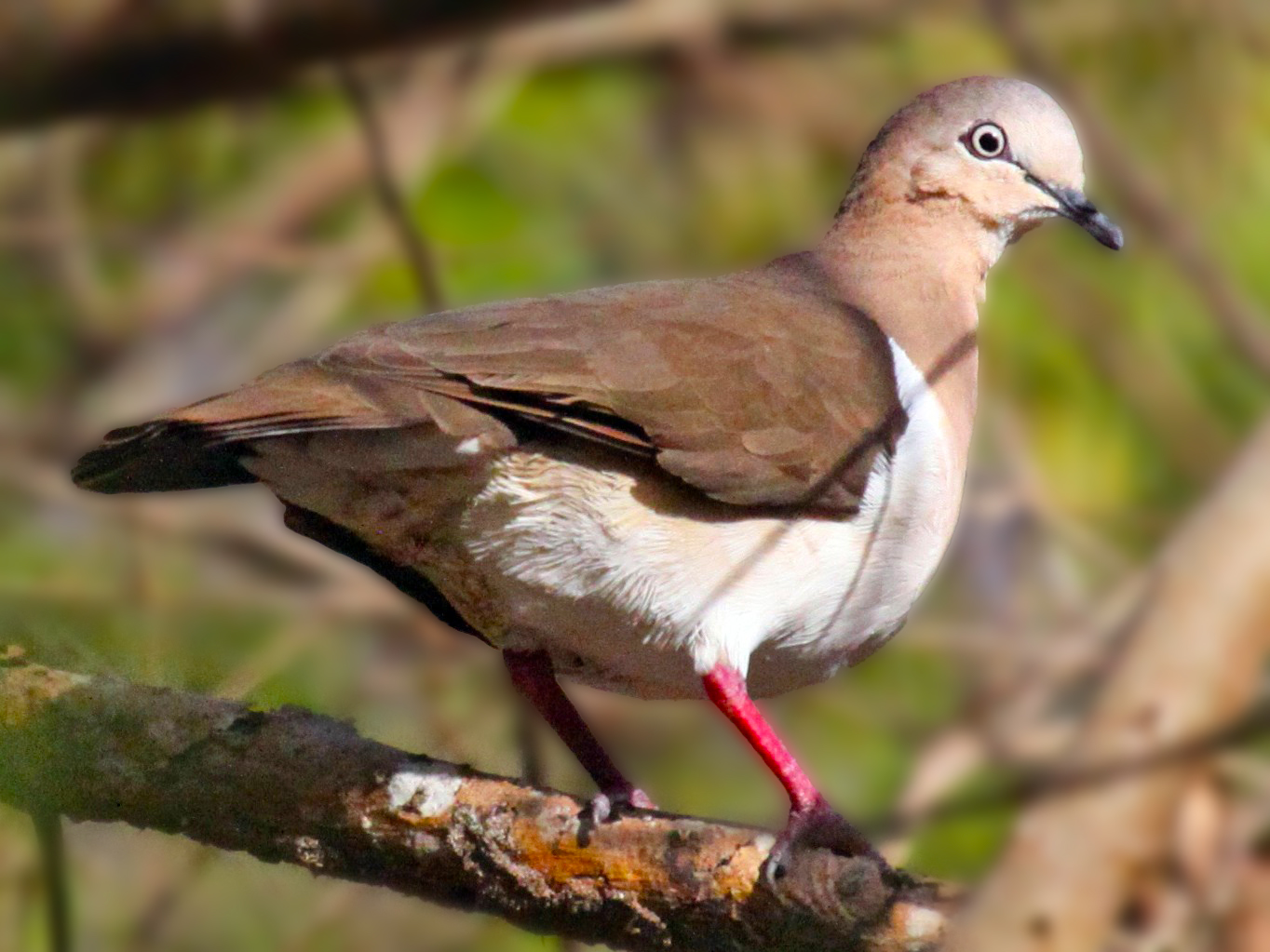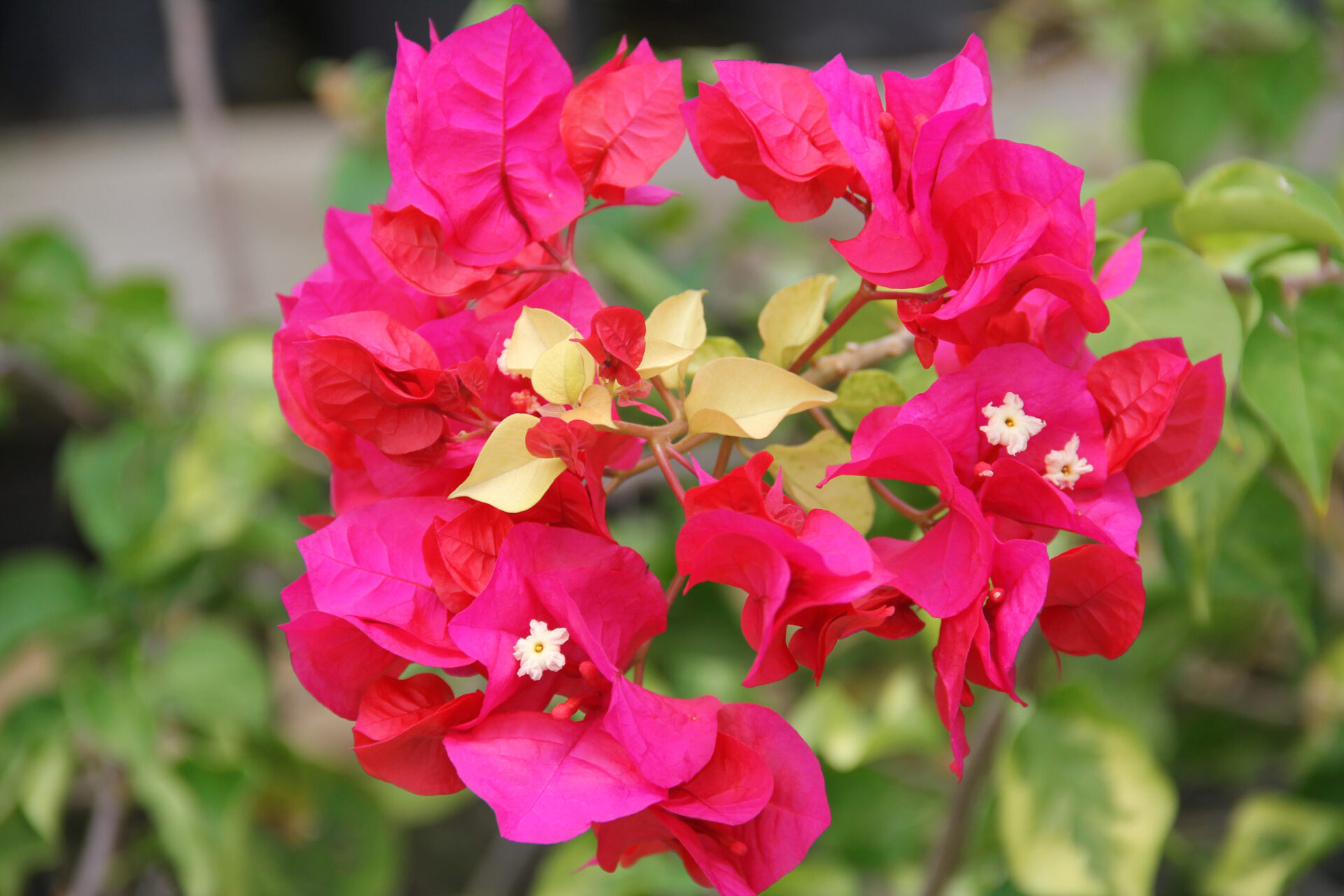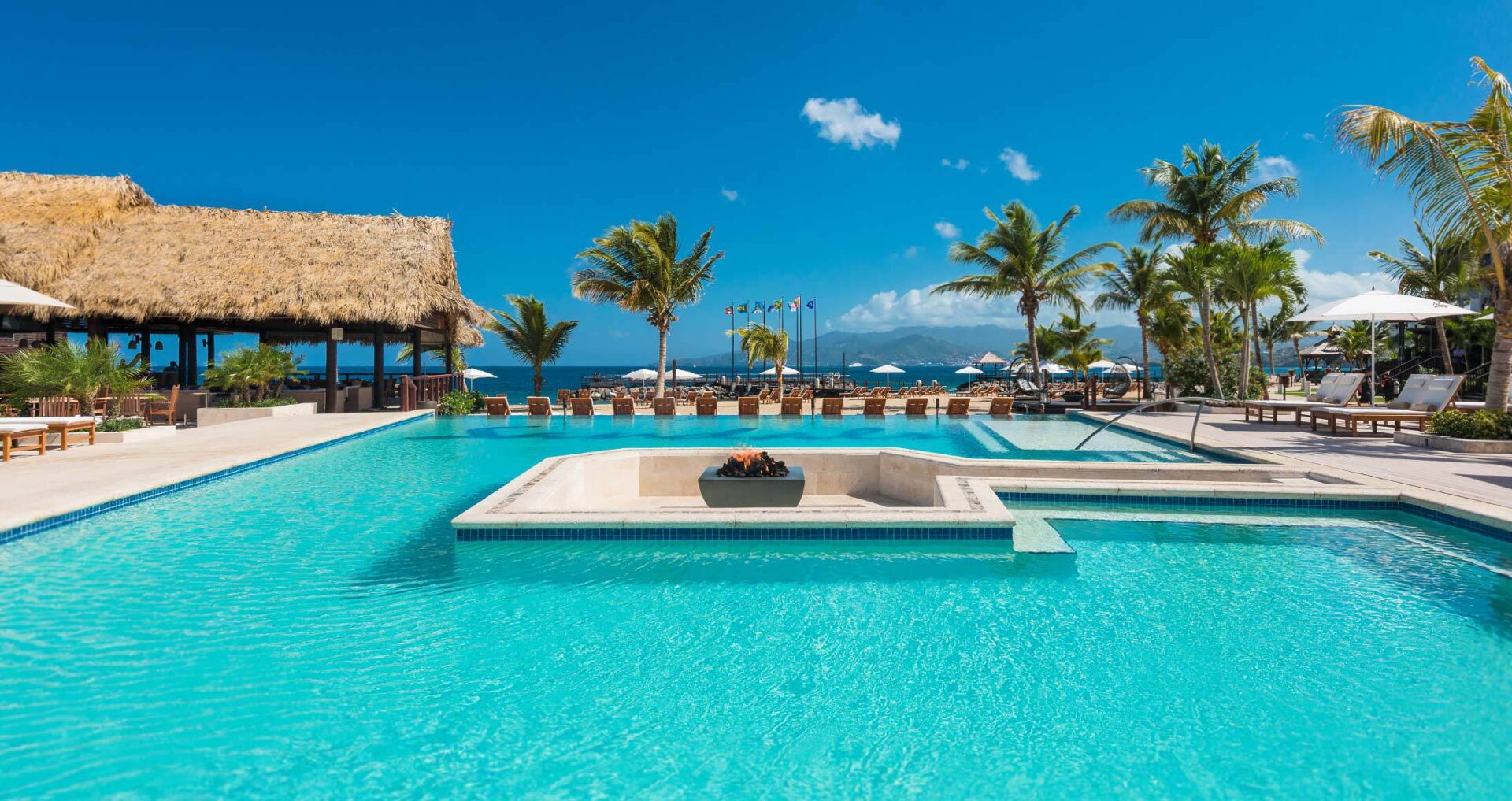About Carriacou
Where Is Carriacou?

We are known for
A journey to Grenada remains incomplete without an enchanting detour to Carriacou (pronounced (Karry-a-cou). Experience Caribbean living in its purest form as the island’s allure lies in its tranquil and rejuvenating escape from the hustle and bustle of the modern world.
Carriacou, meaning “Isle of Reefs,” is conveniently located just 90 minutes away by ferry or a quick 20-minute flight from the main island of Grenada.
One of its greatest charms are the deeply-rooted traditions cherished by its warm-hearted citizens. The Maroon Festival, Big Drum Nation Dance, Shakespeare Mas, Stringband music, Carriacou Regatta and boat building are all unique experiences still kept alive with pride.
Spanning a modest 13 square miles, Carriacou is the second-largest island within the state of Grenada. Carriacou boasts some of the world’s finest dive spots, characterized by crystal-clear waters, pristine coral reefs, enchanting drifts and beaches that are unmatched such as the World-famous Paradise beach.
Serving as the largest and final destination in the breathtaking sailing paradise of the Grenadines Island chain, Carriacou promises an unparalleled Caribbean experience.
Our Culture
The people of Carriacou carry a rich treasure trove of traditions and customs, passed down through generations, shaped by the influences of African and European ancestors. Immersing yourself in Carriacou’s cultural experiences unveils a myriad of memorable celebrations and traditions, from witnessing boat-launching events and unique traditional weddings that boast captivating cake and flag dancing rituals to engaging in the vibrant Big Drum Nation Dance or the unique Shakespeare Mas which is practiced exclusively on the island. During Shakespeare mas the creativity and talent of the people shine through as they recite William Shakespeare’s best lines.
Adding to the island’s cultural wealth, Carriacou boasts its own culinary traditions. Transport your taste buds to a bygone era with Carriacou’s traditional flavourful smoked food served with rice and corn based starchy dishes. This unique cuisine is an integral part of Carriacou’s cultural and historical celebrations, including Saraca, Tombstone Feast, Parang Festival and the Maroon & String Band Music Festival.
Our History
Carriacou derives its name from the Kalinago term ‘Kayryouacou’, signifying land surrounded by reefs. Archaeological findings of pottery tools indicate that the initial settlers on the island were the Arawaks from South America, succeeded by successive waves of inhabitants culminating with the Kalinago.
The French became the first European settlers in Carriacou around the 1740s. In 1763, the British took over Carriacou and Grenada. Despite the predominant African descent of Carriacou’s population, traces of European influences persist in the lifestyle of its residents in the names of towns, cities, and people. Of particular note is the enduring traditional wooden sloop boat building craft passed on by Scottish settlers on the islands.
Map of Grenada
Our Stories
Grenada Heritage Map
National Symbols
